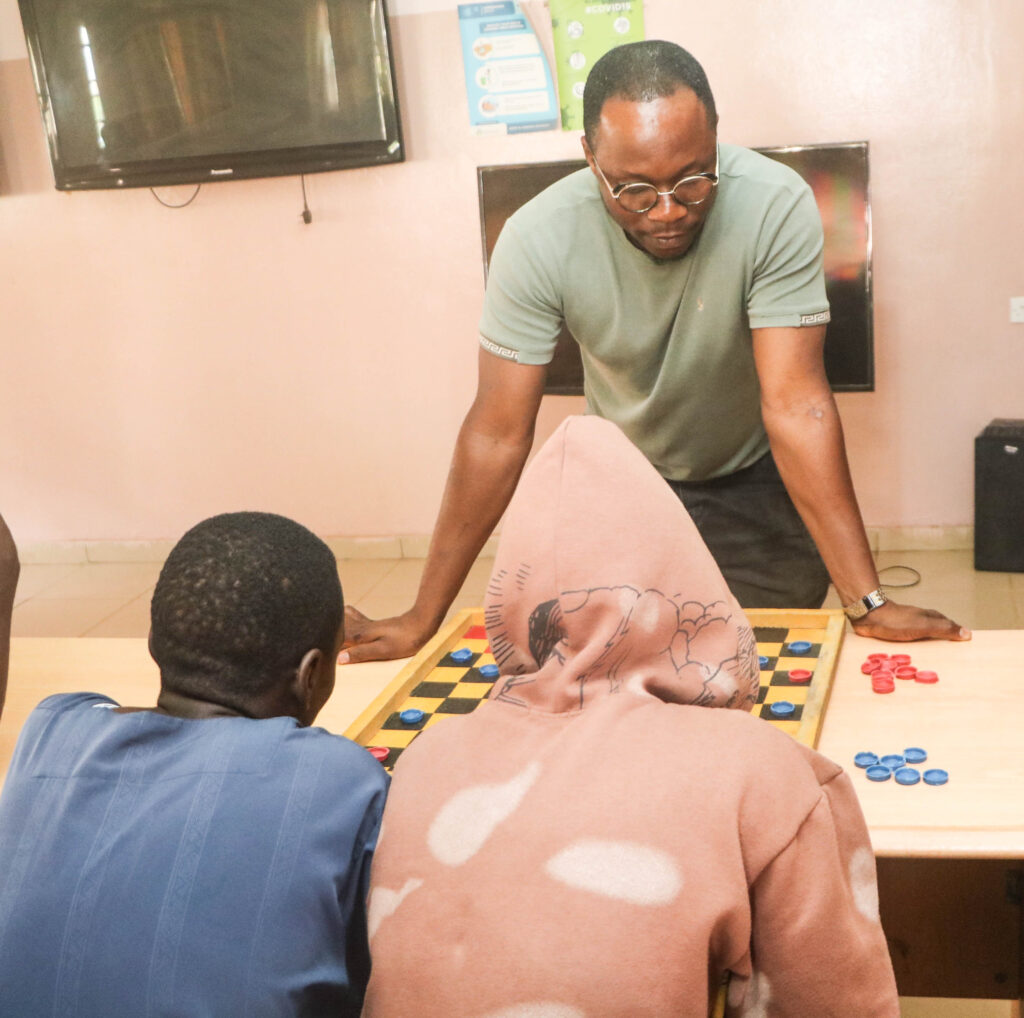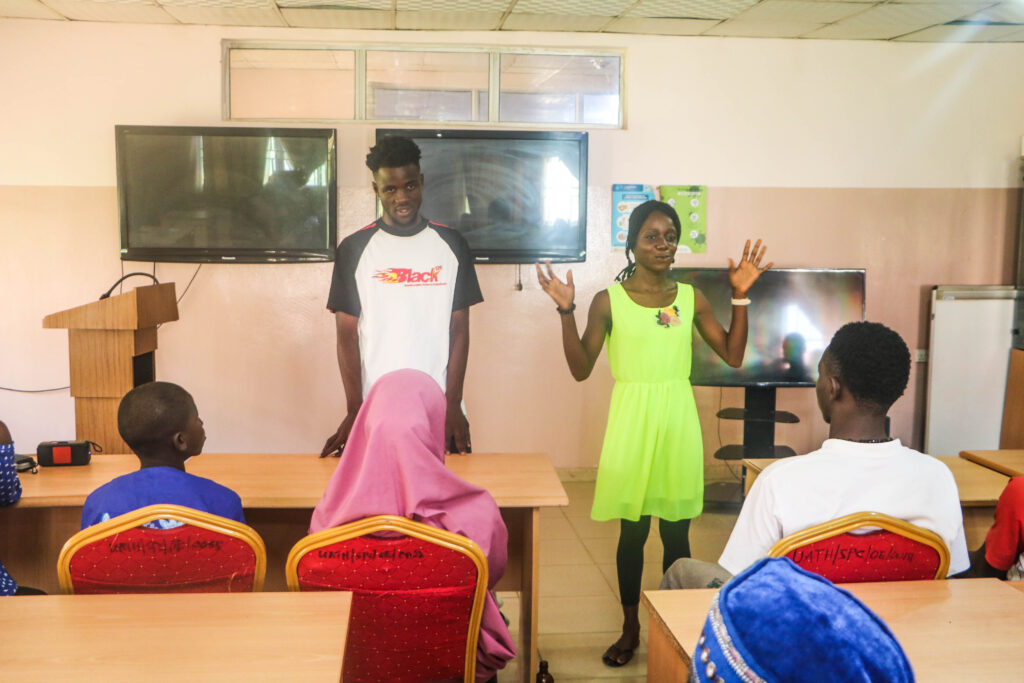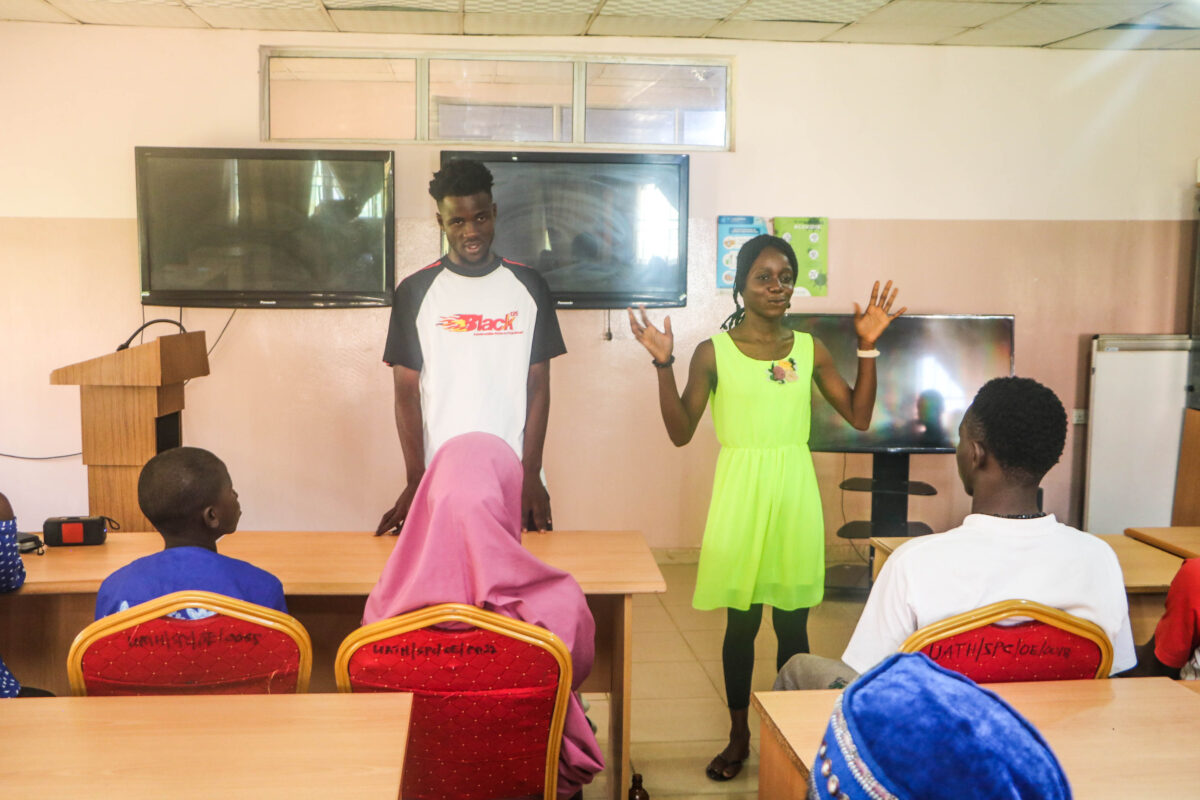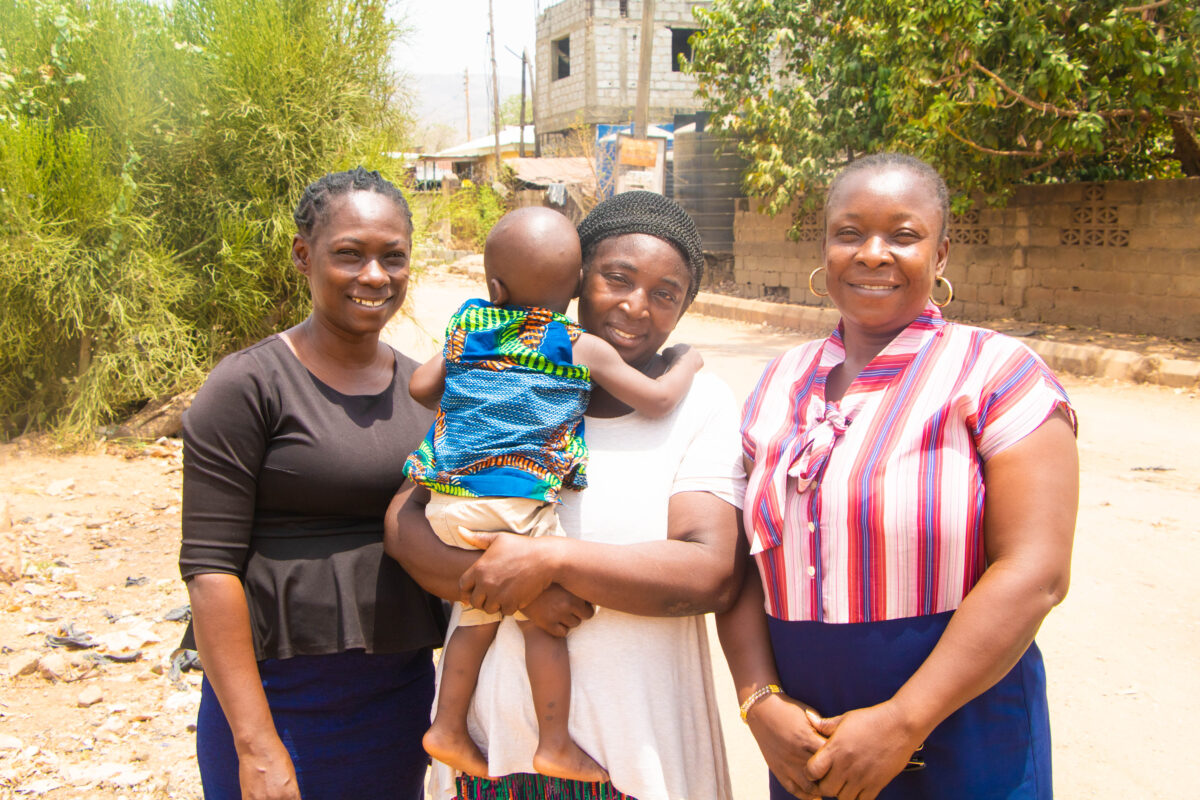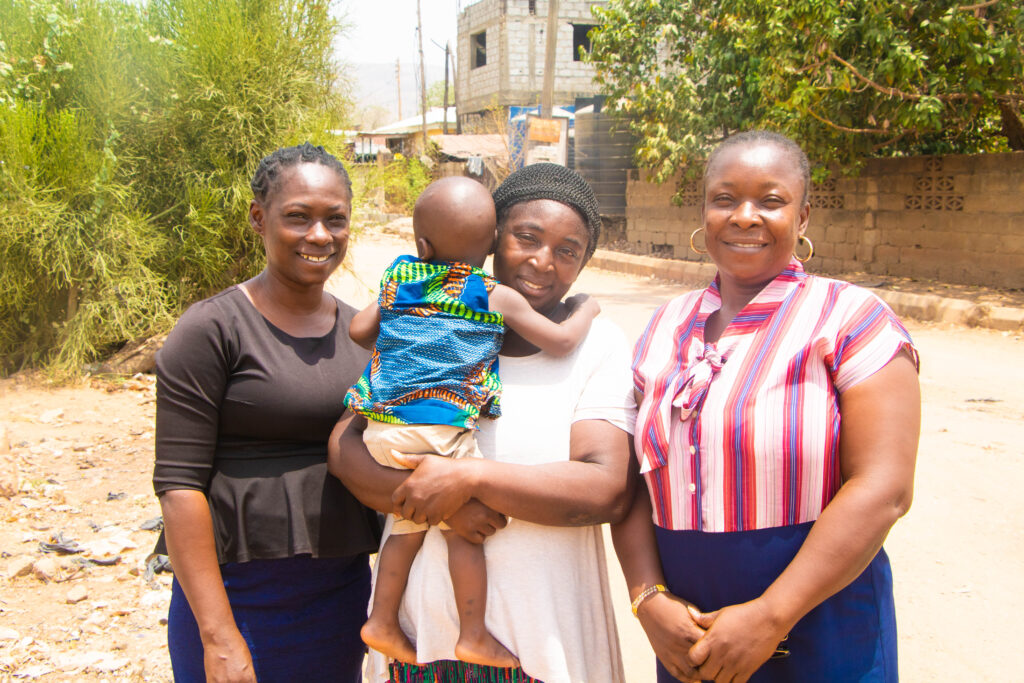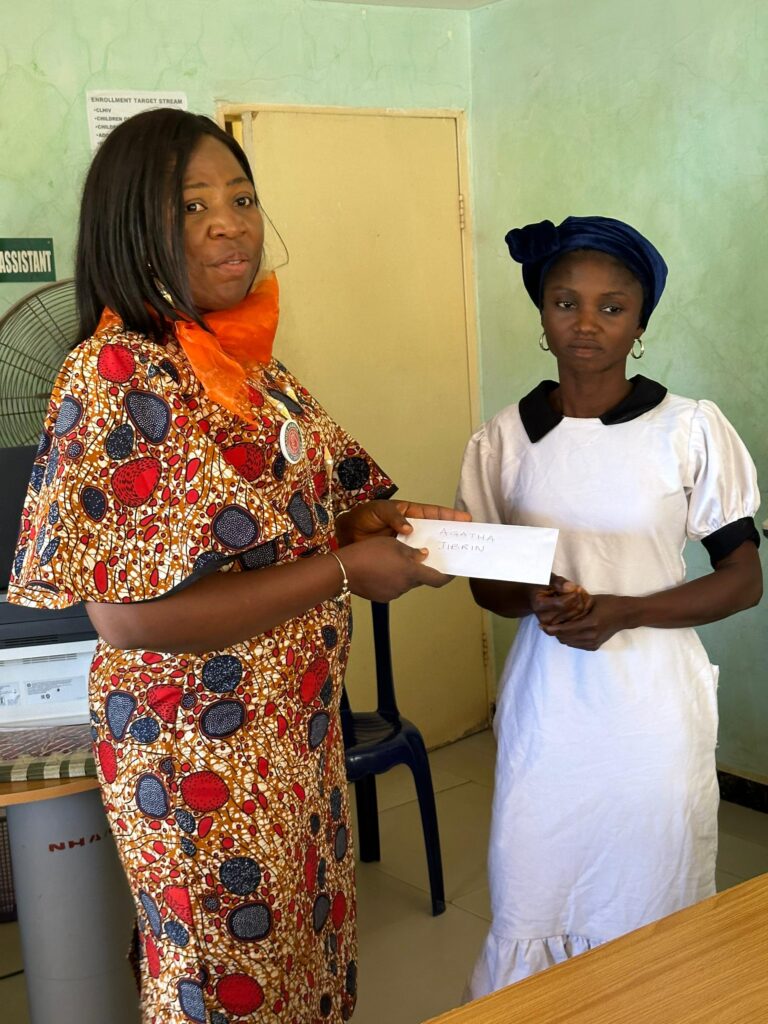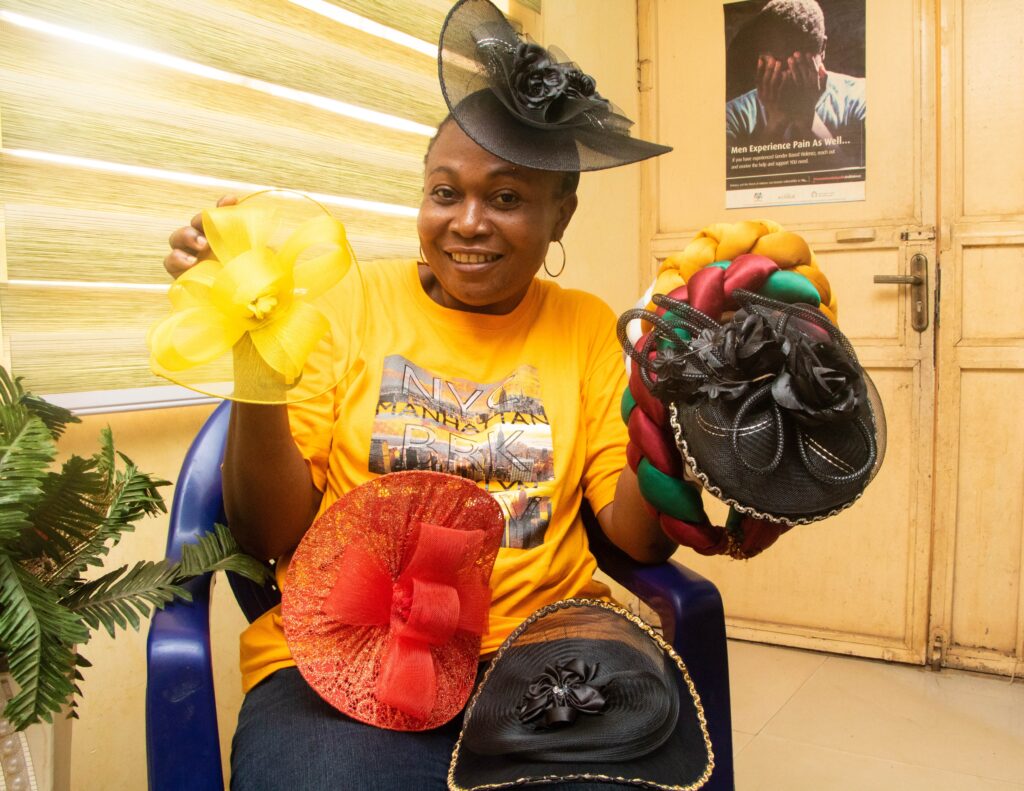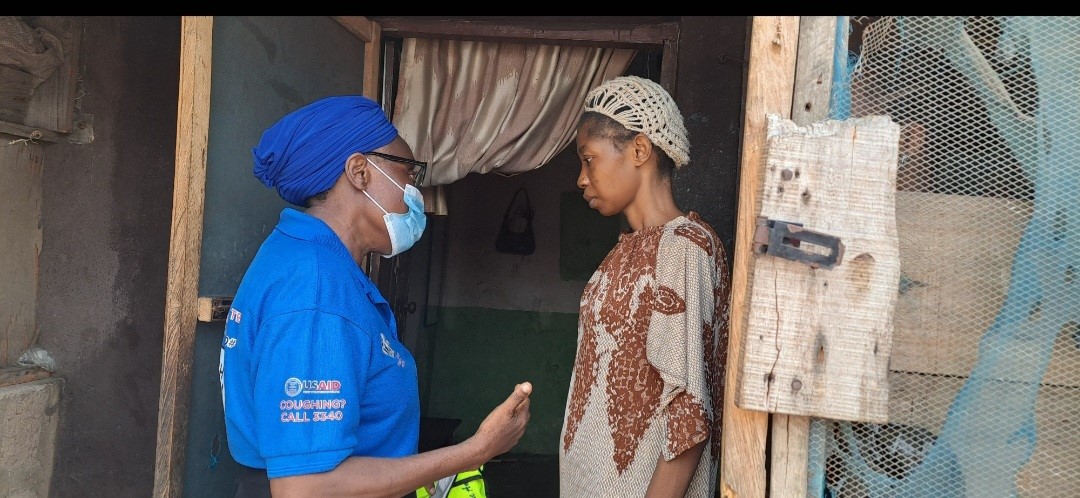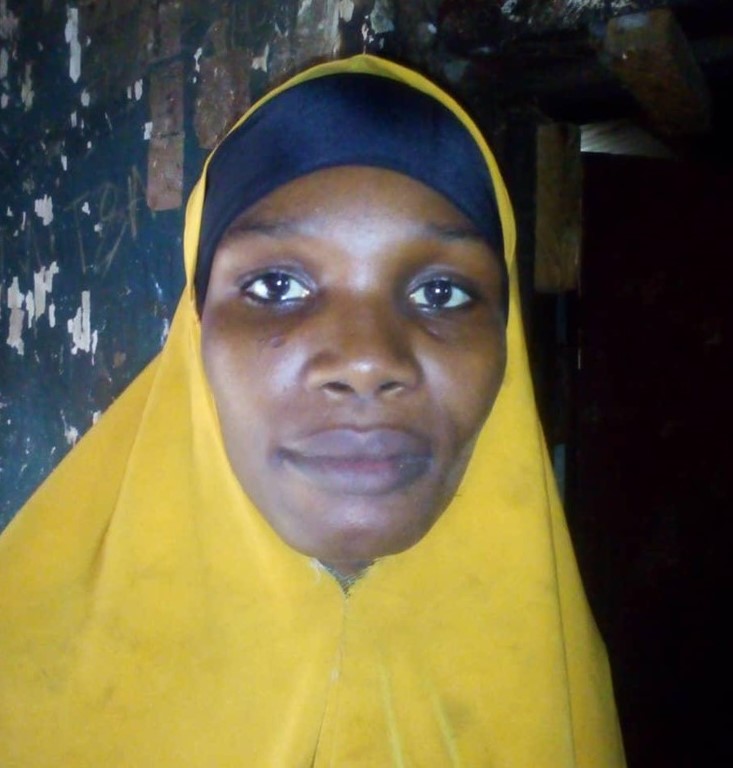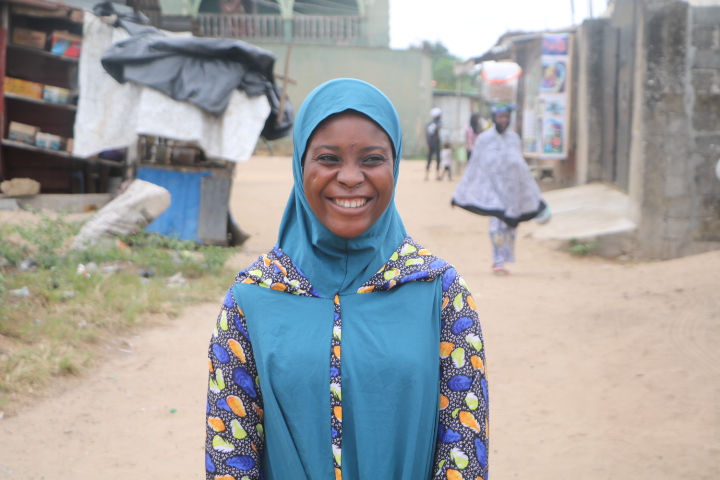More than 9,000 adolescents who receive care in health facilities supported by the Institute of Human Virology Nigeria (IHVN) are committing to healthy choices with help from peer support groups.
The Operation Triple Zero (OTZ) support groups promote zero missed appointments, zero missed drugs, and zero viral loads and were established by IHVN in 2019 with funding support from the US President’s Emergency Plan for AIDS Relief through the Centers for Disease Prevention and Control (CDC). Currently, OTZ groups are operational in the Federal Capital Territory, Nasarawa, Katsina, and Rivers States.
At the University of Abuja Teaching Hospital Teaching Hospital (UATH), OTZ meetings begin with a pledge,
“I pledge my loyalty to myself by myself, my readiness and duty to defend my health, my devotion to zero missed appointments, zero missed drugs, and zero viral load.”
24-year-old Miriam Onu says that the meetings restored her hope when she discovered that she is HIV positive.
“When I came to the meeting, I saw that I am not the only one living with HIV and that HIV does not define me. It has been very helpful knowing that I am not alone and I am still worth every good thing despite my status. Here at the meetings, I get advice on adhering to my medication so that it can work better.”
During the meeting, Miriam also learned that she could chase her dreams. She has started sewing clothes and is pursuing a sociology degree with hopes of studying for a master’s degree and becoming a professional therapist.
“I want to impact lives like I was impacted. People need people to talk to especially these days that times are hard,” she adds.
To share what he has learned with others, Salvation. O is creating short videos and sharing them through his social media accounts.
”I can remember back then when I was not taking my medications, my viral load was high and I used to receive frequent calls from the hospital about taking medications. Meeting peers at the support group encouraged me to change my attitude towards taking medications. I now counsel people using myself as an example. I even recorded a song about HIV and tuberculosis. I am impacting lives with music. Some people will get the message better when they listen to it.”
Aside from listening to music and health talks, the adolescents play games and interact with each other during meetings as they wait for their doctor’s appointments.
Precious Ehud, a peer mentor, works with the Association of Positive Youths in Nigeria (APYIN), which has been engaged by IHVN to coordinate the provision of care services to adolescents.
She says that the adolescents are grouped into younger (10–14-year-olds) and older adolescents/young persons (15 to 24-year-olds) for age-appropriate counseling on HIV prevention, adherence to medications, and other issues. Precious encourages adolescents “not to lose hope because living with HIV is not a death sentence. You can achieve your goals.”
She adds that being a peer OTZ Champion built her confidence. She speaks to more than 40 adolescents who gather at OTZ meetings monthly and attend clinic weekly. Precious’ dream is to become an accountant, caterer, and make-up artist.
UATH Social Worker and Counsellor, Mrs. Theresa Otu supervises the provision of adolescent services and meetings in the hospital. She says that the adolescents interact freely outside the walls of the hospital and this has helped them adhere to their medications.
“The meetings help them to bond. They care for each other. As they are growing, we have some of them getting married to people outside the support group who are aware of their status. Last month, we went to the wedding of one of them. I was so happy, I was even the Mother of the Day. Some married ones are coming back for counseling on prevention of mother-to-child transmission services,” she adds smiling.
IHVN Adolescent Services Lead, Ms. Franca Akolawole says that Operation Triple Zero (OTZ) is a differentiated model of care targeted at improving treatment outcomes in Adolescents and Young People Living with HIV (AYPLWHIV) aged 10 – 24 years.
“This asset-based intervention enables adolescents, young people, their caregivers, and health workers to aspire to better HIV treatment goals. UNAIDS data reported an estimated 120,000 adolescents aged 10 – 19 years living with HIV in Nigeria in 2019. IHVN currently provides HIV care and treatment to about 9,603 adolescents Living with HIV (ALHIV) across its supported States. Adolescents living with HIV are faced with various challenges related to changes in their bodies and living with HIV. They therefore need services that are tailored to their unique challenges,” she says.
Ms Akolawole explains that, “ IHVN in collaboration with the Association of Positive Youth in Nigeria (APYIN) provides adolescent and youth-friendly health services including the scale-up of Operation Triple Zero Strategy both at the facilities and community level also plans to scale up the community activities in the new fiscal year in collaboration with the orphans and vulnerable team.”
